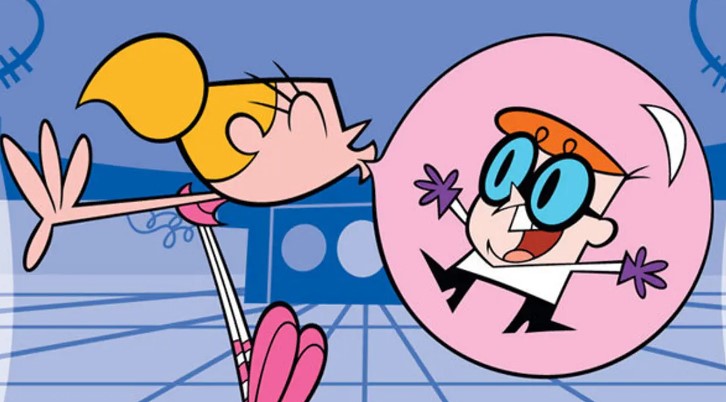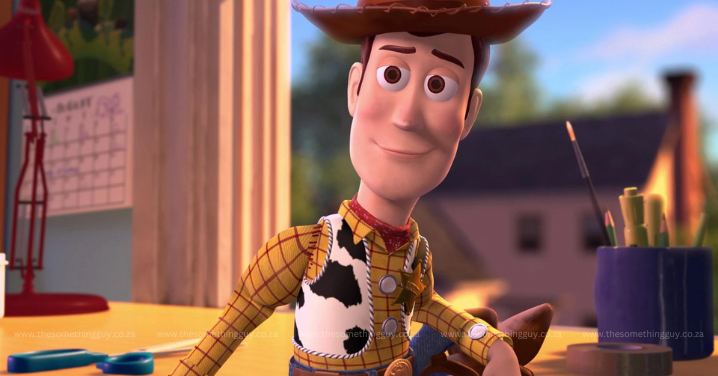
We all recollect with fondness, Dexter from Dexter’s Laboratory, the boy prodigy boasting an undercover laboratory concealed within his room. This character consistently finds himself embroiled in peculiar escapades, courtesy of his sister, Dee Dee, and is ceaselessly fabricating a myriad of eccentric contraptions. But what if there is a deeper, more nuanced narrative veiled within Dexter’s story that we have yet to discover? Is it plausible that Dexter’s Laboratory harbours a bleak and contorted enigma?

Prepare yourself to witness the deconstruction of cherished childhood memories. If Dexter’s Laboratory formed a part of your youthful viewing routine, you are likely to harbour warm recollections of the delightful boy prodigy and his zany inventions. However, what if we introduced the notion that a sinister underbelly to this animation has remained concealed all along? Fasten your mental seatbelts as we delve into the ominous mysteries veiled within Dexter’s Laboratory!
Initially, let’s examine Dexter. Undeniably, he’s a prodigy, but have you ever observed his intense fascination with his lab? He dedicates an inordinate amount of time to tinkering with machinery and executing experiments, often forsaking his family and social interactions. There are rumblings within some circles that Dexter might actually be on the autism spectrum, which could provide an explanation for his social discomfort and unwavering focus on his interests.



However, this is where the narrative takes a decidedly grim turn. What if we proposed that Dexter’s Laboratory is actually an allegory of his disturbed psyche? Indeed, some avid fans are of the conviction that Dexter is a tormented child who resorts to his own imaginative realm to cope with his turbulent family environment. His parents are in constant conflict, and his older sister Dee Dee serves as a perpetual source of aggravation and disturbance. In the creation of his laboratory, Dexter finds a refuge from the tumult of his domestic life, gaining a semblance of control.

But it’s not just his lab that’s a product of his imagination. Some fans conjecture that Dee Dee is a figment of Dexter’s imagination and is in fact a physical representation of Dexter’s inner demons. She embodies his struggle to forge connections with others and his fear of losing his grip on control. This theory is lent credibility by the recurring theme of Dee Dee infiltrating Dexter’s lab and sabotaging his experiments, which could be interpreted as a metaphor for Dexter’s own self-destructive inclinations.
Also, we must confront Dexter’s arch-nemesis, Mandark. There are fans who postulate that Mandark is actually a reflection of Dexter’s own insecurities. He personifies everything that Dexter fears he might devolve into: a social pariah devoid of friends, who is ridiculed and belittled by others. In vanquishing Mandark, Dexter is able to reaffirm his worth and validate his entitlement to respect.


This was a perspective on Dexter’s Laboratory that is bound to alter your perception of this iconic cartoon indefinitely. It’s a bleak, contorted reinterpretation of the show, yet it’s a perspective that will certainly compel you to perceive it in an entirely new context. Whether you opt to accept this theory or dismiss it, there is no refuting that Dexter’s Laboratory continues to enthral viewers of all ages, even decades subsequent to its original broadcast. So, venture to revisit this childhood favourite, but proceed with caution: your perception may never align with your previous, innocent understanding again.



